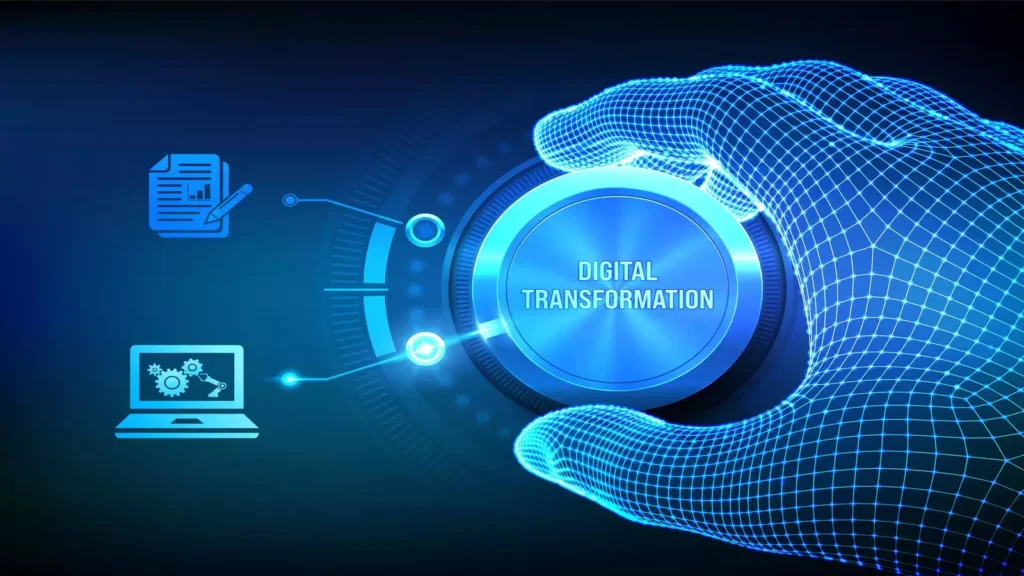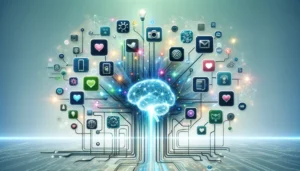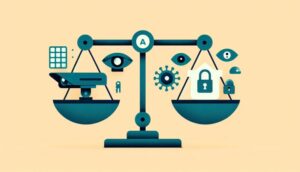Digitalization of Traditional Industries: Opportunities and Challenges

The digitalization of traditional industries marks a pivotal transformation in how these sectors operate, compete, and deliver value. By integrating digital technologies such as IoT, AI, cloud computing, and blockchain, industries like manufacturing, agriculture, healthcare, and logistics are undergoing rapid modernization. This shift promises increased efficiency, sustainability, and innovation but also brings a unique set of challenges.
One of the most significant opportunities lies in operational efficiency. IoT-enabled sensors and real-time data analytics provide insights that help streamline processes, reduce waste, and enhance productivity. For instance, predictive maintenance in manufacturing reduces downtime and extends the lifespan of machinery, while precision agriculture enables farmers to optimize resource use and boost yields.
Digitalization also fosters better decision-making. AI-driven analytics allow businesses to predict market trends, understand consumer behavior, and adapt quickly to changes. Retail, for example, leverages data to personalize customer experiences, manage inventory dynamically, and predict demand with higher accuracy.
Sustainability is another critical benefit. Digital tools help industries monitor their environmental impact, optimize resource utilization, and comply with regulations. For instance, blockchain in supply chains ensures transparency, reducing inefficiencies and promoting eco-friendly practices.
Despite these advantages, the journey toward digitalization is not without challenges. High initial investment costs deter many businesses, particularly small and medium-sized enterprises. Upgrading legacy systems and retraining staff require both financial resources and a shift in organizational mindset.
Data security is a pressing concern. With increased reliance on interconnected systems, industries face greater exposure to cyber threats. Protecting sensitive data and ensuring compliance with evolving regulations are critical for maintaining trust and operational stability.
Resistance to change, especially in traditional industries with deeply ingrained practices, often hampers digital adoption. Employees may fear job displacement or lack the skills required to navigate new technologies, necessitating robust change management and training programs.
Moreover, digital transformation demands reliable infrastructure, which remains a barrier in regions with limited connectivity or underdeveloped technological ecosystems. Bridging this gap requires government support, public-private partnerships, and investments in digital literacy.
Despite these challenges, the digitalization of traditional industries is reshaping global economies. By embracing innovation, businesses can unlock new revenue streams, improve competitiveness, and contribute to sustainable development. However, achieving these goals requires a balanced approach—one that prioritizes technological advancement while addressing economic, social, and ethical implications. This transformation is not just about adopting tools but about fostering a culture of adaptability and resilience in the face of change.



